Yucatan News: Pregnant Parking
Be Careful What and Where You Eat in the Heat
Heat plus street food can be a recipe for gastrointestinal disaster because food spoils so much faster when not refrigerated properly. In the past two weeks, over 3,000 people have gone to the hospital in Merida with heat related gastrointestinal infections. The medical community cautions everyone to avoid all meats and fish that are being sold under conditions that obviously have no hygiene measures, and avoid fruits and vegetables that have been exposed to heat and flies. But above all, please do not diagnose yourself or self-medicate. That can cause delayed treatment or incorrect diagnoses, which can lead to a much worse period of recovery or death.
Remodeling and Expansion of Fairgrounds Underway
In 2016, the fairground parking lot in Xmatkuil is being paved. That will be followed by building bleachers, restrooms, landscaping, access ramps, bodegas and facades. That will be followed in 2017, with the remodeling of the lienzo charro (arena), the construction of a new area of restaurants and bars, and the construction of an interactive park that will house, among other things, a butterfly garden and an aviary. It will also include the construction of a water park that will be open every weekend year round. A total of $150 million pesos will be invested over the course of two years at Xmatkuil, and it is expected that all these improvements will put the Yucatan Fair in a position to make a sizeable profit from this point forward.
130 kg. Mero Caught Off Coast of Sisal
It is hard to imagine a fish that weighs almost 300 pounds, but that is exactly what happened this week off the coast of Sisal. The fishermen immediately brought the grouper to Progreso, where it sold (to the market) for $10,000 pesos. Until just a few years ago, these huge fish were common, but it has been a long time since one was caught off the coast of Yucatan. At 130 kg (286.6 lbs) and 1.9 km (6.2 ft.), this fish sold (to the public) for $170 pesos per kilogram. Everyone is very proud of Yucatan’s fishermen. They saw the need for conservation early and are beginning to reap the rewards of their hard work. Its hard to live through temporary bans, but it is oh so sweet when the payoff is an event like this.
Zero Deforestation On Yucatan Peninsula By 2030
As the population on the Yucatan Peninsula continues to grow, it is painfully obvious that active steps must be taken to ensure that as little damage as possible is done to the environment. The peninsular states of Campeche, Yucatan and Quintana Roo have banded together to develop programs that will bring the region into a state of zero deforestation by 2030. This is a tall order, since livestock and forestry activities are currently consuming at least 80,000 hectares of forest per year in those two industries alone, and deforestation alone is responsible for issuing 5 million tons of carbon dioxide. A number of strategies are being explored, many of which are related to reforestation and sustainable use by companies in the area. Investigators are also looking into the possible implementation of a fee to be used for environmental programs. These will be presented to the United Nations Convention on Biological Diversity when they meet in Cancun in December.
AYCE Protects Electric Industry in Yucatan
Members of the Yucatan Electric Builders Association (AYCE) recently realized that foreign companies with astonishingly deep pockets are poised to come to Yucatan and that local companies would be in a situation of unfair competition from the outset. AYCE appealed to their national organization, the Mexican Confederation of Electric Builders, with a request to allow domestic electric builders to join together in an organization that is large enough to compete with these huge foreign companies. The Mexican companies want competition to be based on quality, training and honesty, not on whoever shows up with the most money. The national organization is already working to make sure that Mexican builders in the electric industry have equal opportunity to remain in the game and that foreign companies have equal accountability.
Solid Waste to Synthetic Diesel
Do you ever wonder what happens to some of those “really good ideas” we hear about and that then seem to simply fall by the wayside? Well, we found one of those projects right here in Merida. The transformation of garbage to synthetic diesel is alive and well, and soon to enter international competition in California. Four years ago, the German engineer Uwe Rolli, who manages recycling plants in Merida and Cancun, began hitting the entrepreneurial competition circuit with a project that turns solid waste into synthetic diesel. His first model of this project was built right here in Merida, where it soon began turning 30 tons of garbage into 6,500 liters of synthetic diesel. Señor Rolli began to win a wide range of awards and recognition. Now, from June 22 to 24, 2016, Merida’s own Waste to Diesel will be one of the 100 projects submitted by Mexico to the Global Summit of Entrepreneurs at Stanford University. President Barack Obama will give the opening speech to the summit. To learn more about the process used in Waste to Diesel, visit their website: http://gammakat.com/ingles.htm.
Adult Education in Overdrive These Days
As a nation, Mexico still has a problem with spreading literacy to the more remote areas of the states. This results in illiterate parents raising children who may not see the value of education. This dooms them all to an inability to apply for better technical schools and/or better jobs, and a lifetime of reduced pay and increasing poverty. Combatting illiteracy is one of the biggest goals of the state and local governments in Yucatan. The goal this year was 41,000 adult education graduates. Thus far in 2016, over 10,000 Yucatecos have earned their certificates by graduating from either primary or secondary school through this Adult Education program. What we really like about this program is that it provides sponsorship for single mothers and 70% of the graduates are women.
Young Power Centers Combat Teen Pregnancy
Unfortunately, teen pregnancies continue to be on the rise in Yucatan. In 2014, there were 406,000 pregnancies among teens aged 15 to 19. In 2015, that figure rose to more than 450,000. This really is a public health problem for Yucatan for a number of reasons. First, teen mothers have a high rate of dropping out of school, which means that the taxpayers will take on at least part of the financial burden for these little families. Additionally, the children of teenagers have a high risk for low birth weight and/or premature birth, which can lead to learning and developmental difficulties for the babies. As of now, Merida has a total of 13 Young Power centers which help to educate young people around Yucatan about the responsibilities and outcomes of unprotected sex at an early age.
Designated Parking for Pregnant Women in Merida
Pregnant women now have preferred parking spaces in the shopping mall parking lots in Merida. These are spaces reserved just for pregnant women, so they are not shared with the disabled shoppers. Thus, the spaces for pregnant ladies and the spaces for handicapped parking should be well marked so there will be no doubt about which spaces belong to which group. We couldn’t help but smile when reading that the ladies picked this particular time to approach the mayor for his support because his wife just happens to be pregnant! Whatever the reason, it is getting very hot outside and any courtesy that can be shown to pregnant shoppers will be deeply appreciated.
Wellness: Government Support for Wellness
When members of a culture are able to move past a life of little more than working to survive, their culture then has time to rest and to contemplate improving the quality of life for all of its members. This leads to implementation of those activities that produce that improved quality of life and this is where Mexico is today. As the culture in Mexico matures and people are now able to turn from dealing with emergency medical situations to preventive care, i.e. wellness. The actual amount of money spent per capita by Mexicans on courses, classes, alternative therapies, self-help books, naturopaths, and other services went up from $340 pesos in 2009 to $550 pesos in 2016. In fact, wellness, as an industry that covers the well-being of body, mind and spirit, now includes approximately 30,000 companies, with 80 of those companies large enough to form the Mexican Association for the Evolution of Being (Amies). Today, 60% of those who participate in wellness activities in Mexico are women and 40% are men. The wellness industry itself has a growth rate of 19% per year and an annual economic impact of $120 million pesos. Mexico is happy to join the United States, Spain and Argentina as the most advanced nations that have government support for wellness programs.




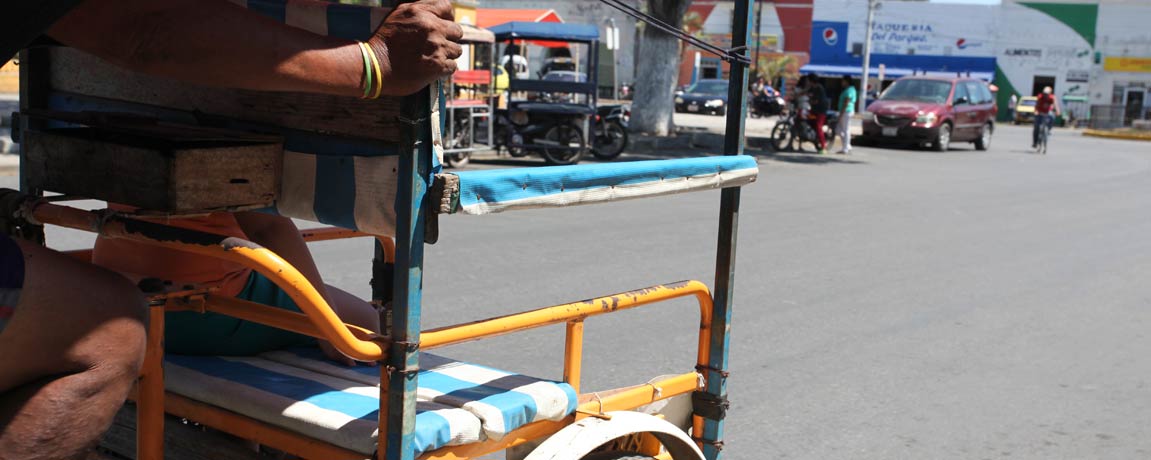

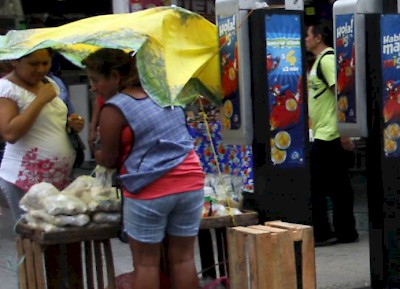

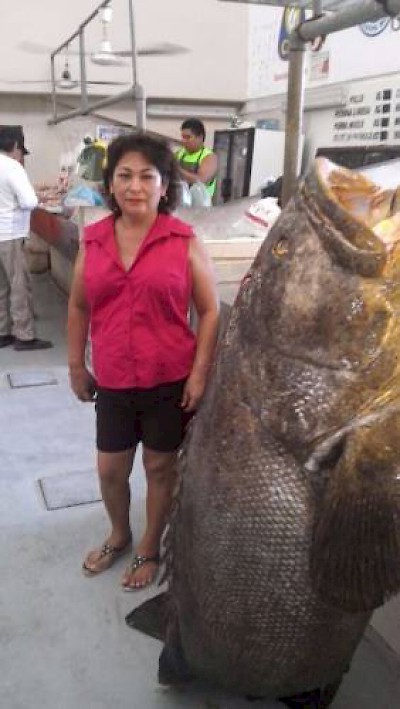
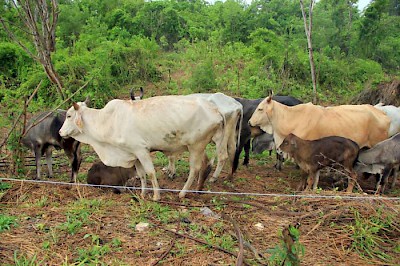
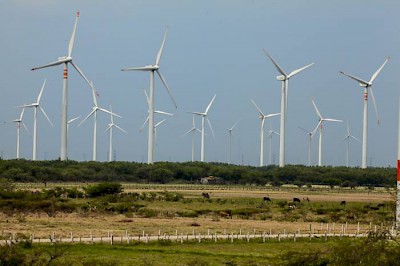
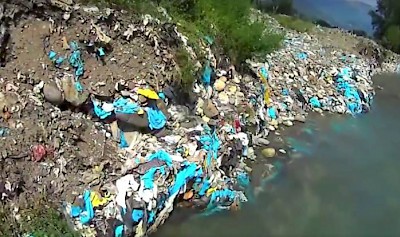

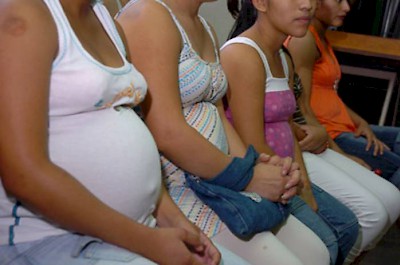
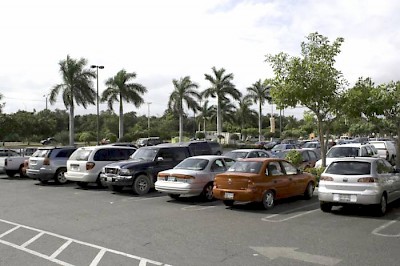


Comments
Brian McGowan 10 years ago
How about doing another article on travelling up and down to the US border now that the snow birds have all gone home?
Having recent road and route information would be a great help for the return trip in the late fall!
Brian McGowan
Reply
(0 to 1 comments)